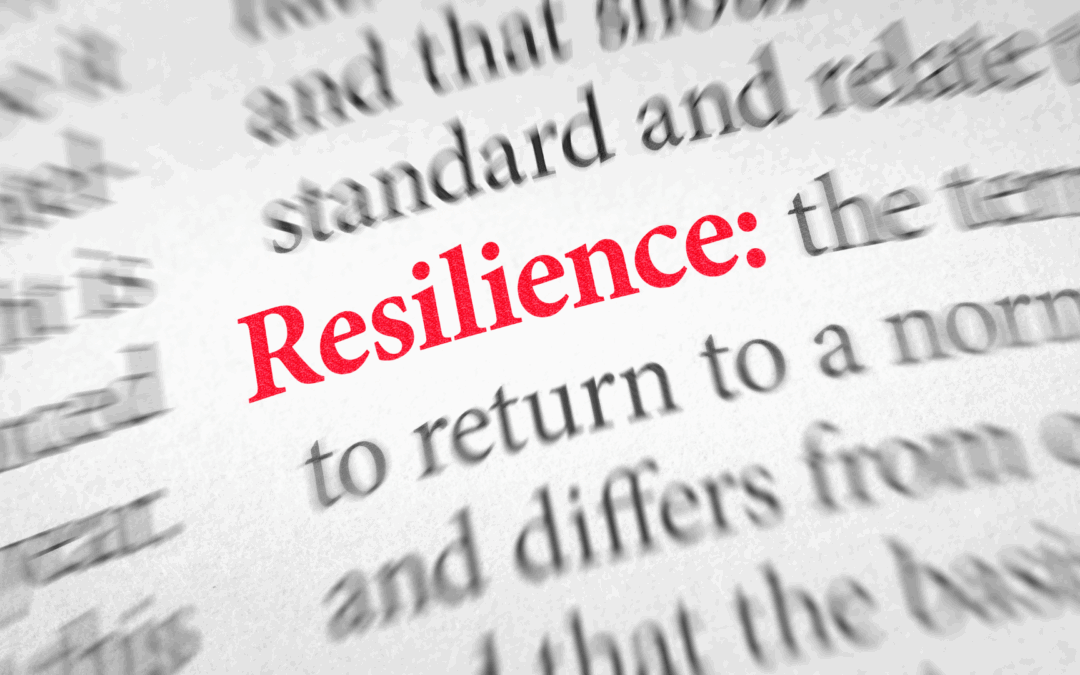In moments of collective crisis—whether global pandemics, wars, natural disasters, or societal unrest—trauma doesn’t remain isolated. It weaves its way into the fabric of everyday life, affecting our relationships, routines, and sense of safety. Amid the emotional toll and uncertainty, one powerful force can guide us through: resilience.
What Is Resilience?
Resilience is not the absence of struggle. It’s the ability to adapt, recover, and grow in the face of adversity. It’s the quiet persistence of getting up again, the strength to feel and process pain, and the courage to keep going when the path forward isn’t clear.
Resilience is not innate—it can be built, nurtured, and strengthened, even during our darkest days.
The Weight of Collective Trauma
When trauma is widespread, we face more than our personal grief or fear—we absorb the pain of others. The constant stream of distressing news, polarized opinions, and economic uncertainty compounds the emotional load.
In these times, people may feel helpless, numb, or exhausted. Relationships may strain under pressure. And even those who seem strong may be silently unraveling.
That’s why cultivating resilience is essential—not only for our own well-being, but also for the health of our communities.
Ways to Foster Resilience
- Acknowledge Your Emotions
Suppressing emotions doesn’t make them disappear. Allow yourself to grieve, cry, be angry, or scared. Naming your feelings can be the first step toward healing. - Connect with Others
Resilience thrives in connection. Lean on trusted friends, family, or support groups. Community doesn’t erase pain, but it reminds us we’re not alone. - Create Routine and Structure
In times of chaos, small routines provide grounding. Whether it’s morning coffee, a short walk, or journaling, consistency helps rebuild a sense of control. - Limit Media Exposure
Staying informed is important—but constant exposure to traumatic content can be harmful. Set healthy boundaries around news and social media consumption. - Seek Professional Support
Therapy or counseling can be a lifeline. Mental health professionals offer tools and perspective to navigate trauma and build coping strategies. - Practice Self-Compassion
You don’t have to “bounce back” immediately. Healing takes time. Be gentle with yourself and avoid comparison.
Hope Beyond the Hurt
Resilience doesn’t mean ignoring pain—it means moving through it with intention. It’s found in the first breath after crying, in the phone call to a friend, in the decision to show up despite fear.
Widespread trauma tests us, but it also reveals the quiet courage within each of us. And from that, we can build something new—not by forgetting what was lost, but by honoring it as we move forward.

